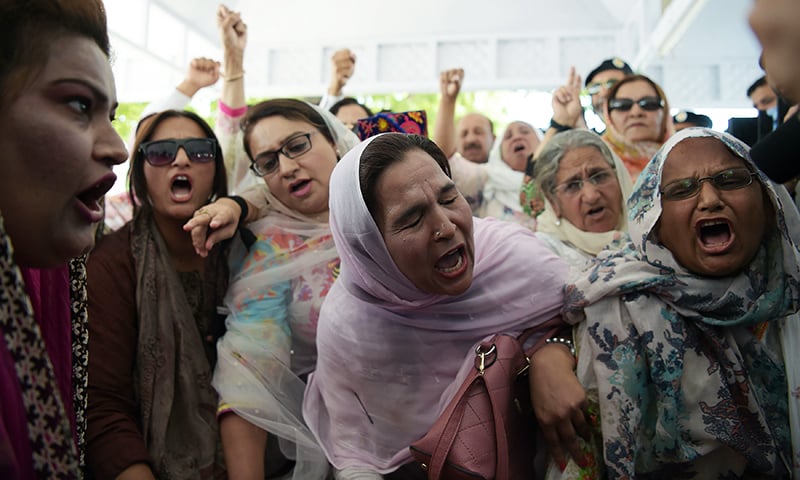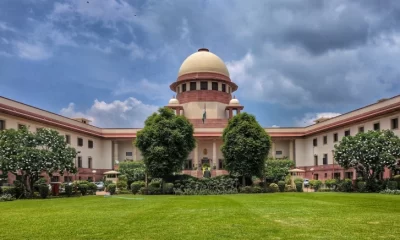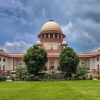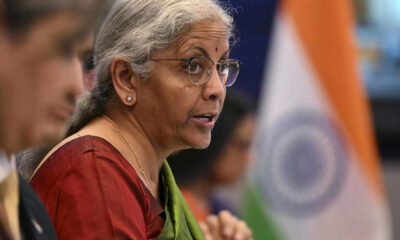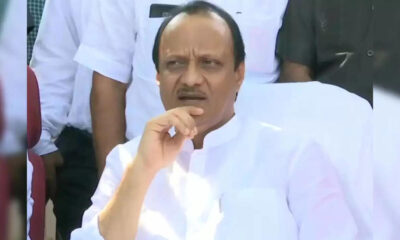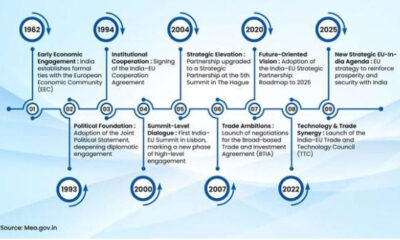Key points:
- The affidavit came as a response to an application filed in a pending PIL by lawyer Ashwini Kumar Upadhyay.
- Upadhyay had requested the debarment of imprisoned lawmakers for life in his key petition.
- The affidavit stated: “Although there are no specific terms of service laid down for elected representatives.
- The elected officials are generally bound by the oath they have taken, in particular, to serve the people of their district and the nation in general.
Convicted legislators can not be discouraged from contesting lifetime elections; the Centre informed the Supreme Court on Thursday in answer to a petition seeking to handle convicted legislators on a par with convicted bureaucrats who have been debarred from government service for a lifetime.
The affidavit submitted by the Ministry:
An affidavit submitted by the Ministry of Law and Justice, distinguishing between bureaucrats as well as members of Parliament or state legislatures who are suspected of serious crimes under the Indian Penal Code or even other special laws, claimed that although public servants are regulated by “service conditions,” no such conditions exist for lawmakers.
Affidavit as a response:
Rather the Representation of the People Act (RP Act), which recommends a six-year disqualification from contesting polls for an offence accompanied by a jail term of two years or above, regulates MPs as well as MLAs.
The affidavit came as a response to an application filed in a pending PIL by lawyer Ashwini Kumar Upadhyay, director of the Bharatiya Janata Party (BJP).
Upadhyay request to the department:
Upadhyay had requested the debarment of imprisoned lawmakers for life in his key petition. In the application, however, he inserted a subsequent prayer questioning the validity of Sections 8(1), 8(2), 8(3) including 9(1) of the RP Act of 1951, which under Section 9(1), disqualifies a convicted legislator for a term of six years and five years.
On the one hand, Upadhyay challenged the different levels of punishment for convicted legislators and convicted public servants on the other and asked that the same rule of debarment be extended to MLAs/MPs when contesting elections or leading a political party.
What affidavit says:
The affidavit stated: “Although there are no specific terms of service laid down for elected representatives, the fact is that the representatives of the people are public servants.”
The elected officials are generally bound by the oath they have taken, in particular, to serve the people of their district and the nation in general. Their action is bound by land, good faith, and they are supposed to act in the country’s interest primarily.
The affidavit claimed that while the question of debarment for life was remaining in the main petition lodged by Upadhyay, the modified application, challenging the provisions of the RPA with regard to the disqualification of MPs/MLAs, was not necessary.
